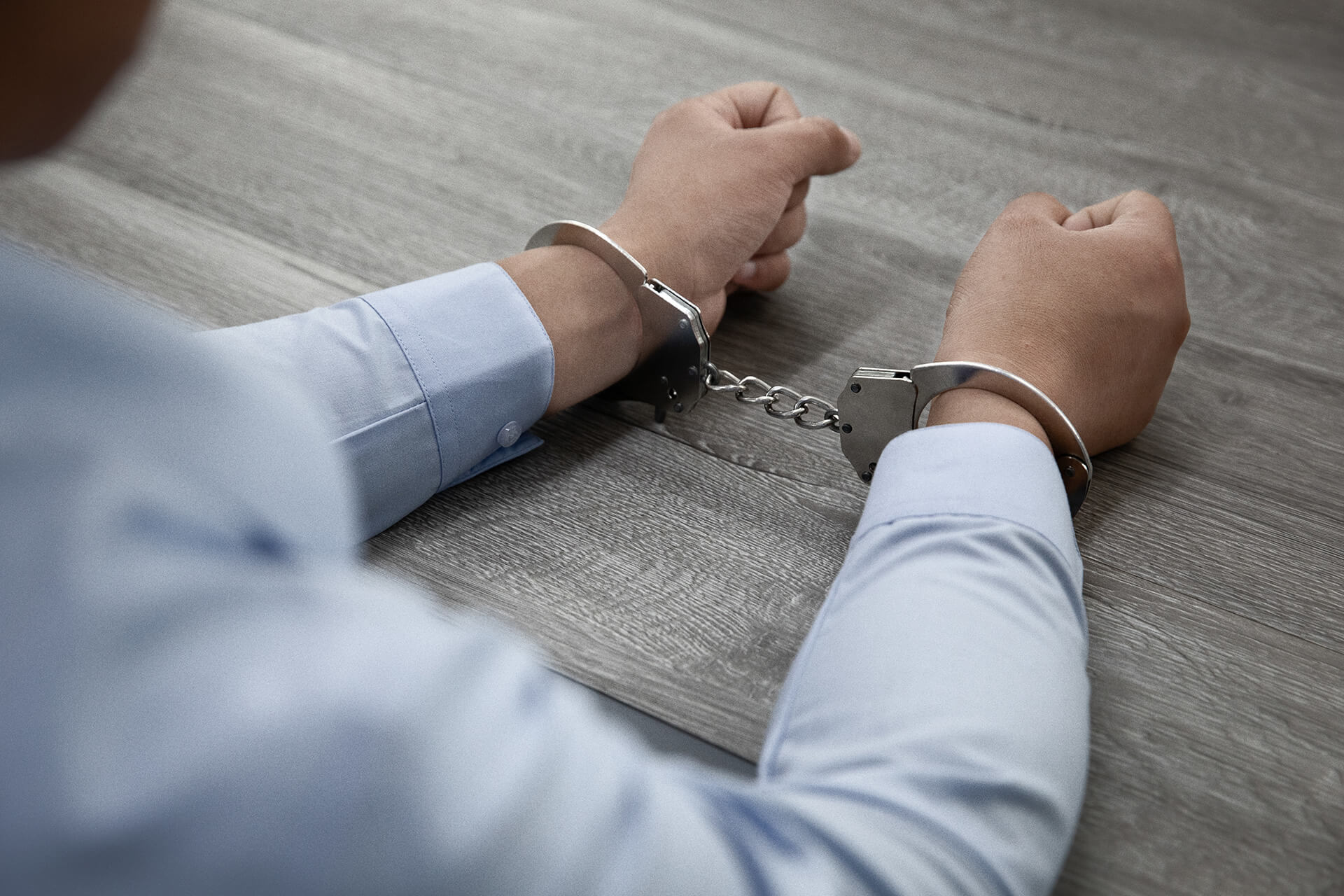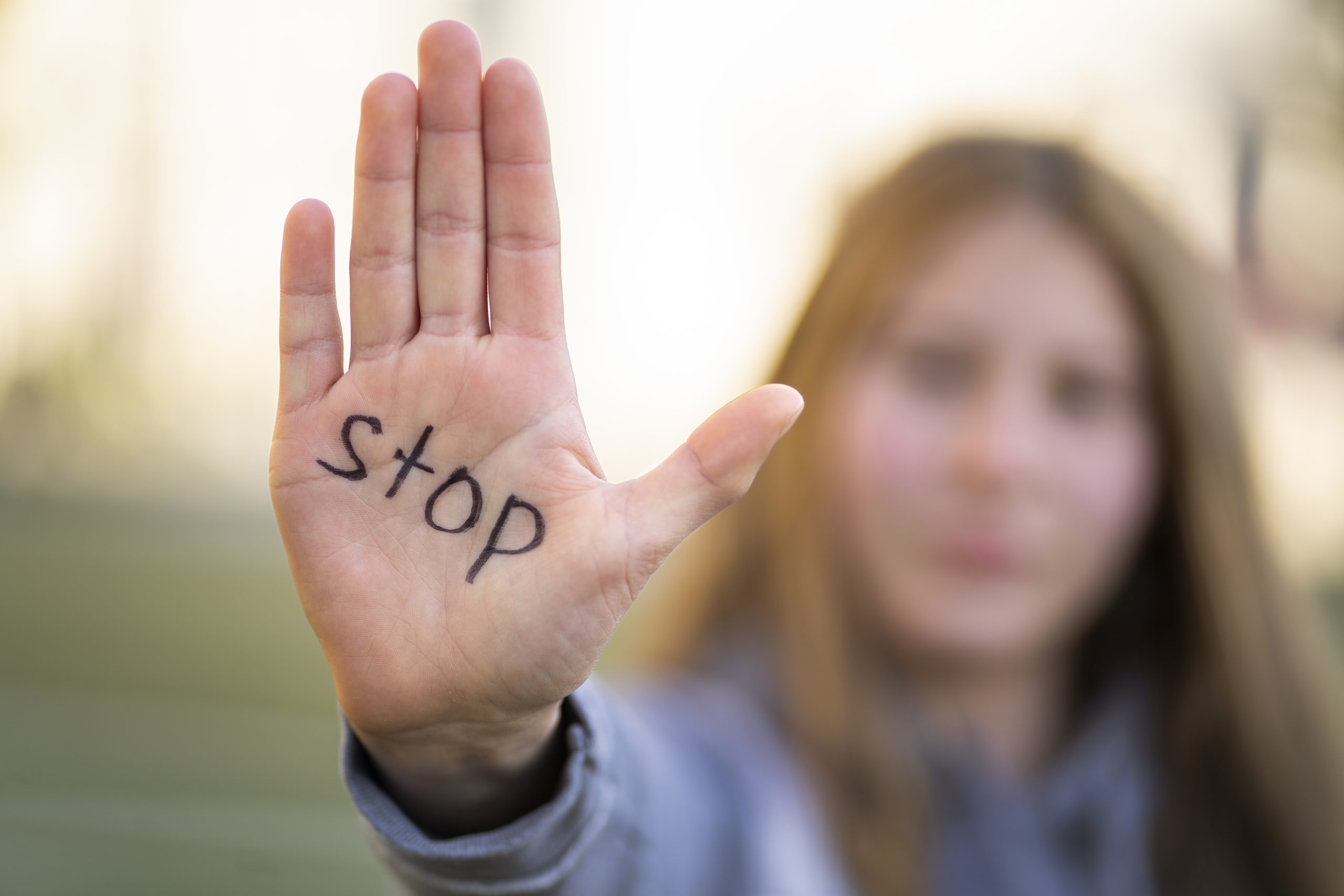As an attorney with many years of experience in criminal law, both as a prosecutor and a defense attorney, I have seen firsthand the impact that prosecutors can have on the lives of defendants and their families. Prosecutors have a unique role in the criminal justice system, with the power to charge individuals with crimes, negotiate plea deals, and secure convictions. However, with this power comes a great responsibility – the duty to seek justice, rather than simply securing a conviction. In this post, I will discuss the power and responsibility of prosecutors in Michigan, and the ethical and practical challenges they face in balancing the interests of the state and the accused.
The Role of the Prosecutor:
Prosecutors are just lawyers. They are not superheroes with X-ray vision to see into the hearts and minds of people and know for a fact that someone has committed a crime. Prosecutors in Michigan review the investigative reports given to them by the police who investigated the cases assigned to them. Many times a prosecutor’s case is only as good as the detective who investigated the case in the first place. With that in mine, a prosecutor is just a lawyers who represents the state in criminal cases. That is their client…the State of Michigan, not the victims of any one case they are prosecuting. Their primary duty is to seek justice, which means that they must balance the interests of the state and the accused, in order to ensure that the outcome of the case is fair and just. This duty is enshrined in the American Bar Association’s Model Rules of Professional Conduct, which states that “prosecutor’s duty is to seek justice, not merely to convict;” This means that prosecutors are not supposed to simply seek to win at all costs, but rather focus on ensuring that justice is served. I know that is a tall order sometimes and we have all heard stories in real life and on tv that depict power hungry or politically motivated prosecutors who turn that definition on it’s head! More simply put, a prosecutor’s desire to seek justice depends on their ethical boundaries they and their superiors set up for themselves and their department. The prosecutor’s role in criminal cases can vary depending on the jurisdiction and the type of case. In Michigan, prosecutors are responsible for charging defendants with crimes, negotiating plea deals, and trying cases in court. They work closely with law enforcement to investigate crimes, and they have access to a wide range of resources, including forensic evidence, expert witnesses, and legal research. Prosecutors have a lot of power in the criminal justice system. They can choose to charge defendants with a wide range of offenses, and they have the ability to negotiate plea deals that can significantly reduce a defendant’s sentence. They also have the power to present evidence to a jury and argue for a conviction. When I was a prosecutor, I reviewed hundreds of cases and charged on many of them…but not all. On the ones that I had questions about, I would send back to the investigator for more details or sometimes simply say I did not think it rose to the level of a criminal charge and denied the warrant.
The Duty to Seek Justice:
One of the most important duties of a prosecutor is to seek justice. This means that prosecutors must not only seek to secure a conviction, but must also ensure that the accused is treated fairly and that their rights are protected throughout the criminal justice process. This duty requires prosecutors to act ethically and with integrity, and to prioritize the interests of justice over their own personal or professional interests. The duty to seek justice is not always easy to fulfill. I have seen prosecutors who are decent people, trying to do what’s right, but their boss is hell bent on getting a conviction on someone for their own personal or political agendas. Prosecutors are often under pressure to secure convictions, particularly in high-profile cases or cases that involve serious offenses. This pressure can come from the public, law enforcement, or even their own supervisors. However, it is important for prosecutors to resist this pressure and remain focused on seeking justice for all parties involved. While you hope that the outside pressure on a prosecutor is tempered with ethical and moral guardrails, believe me there are many are many that are not. In addition to seeking justice for the accused, prosecutors also have a duty to seek justice for victims of crimes. This means that they must work to ensure that victims are treated with dignity and respect, and that they are given the support they need to recover from the trauma of the crime. And while there is a Victim’s Rights Statute that mandates all victims of crimes have enumerated rights, I have seen dozens of cases where the victim of a crime is left in the lurch by the State’s representatives and have to fend for themselves. Remember, if you are a victim of a crime, push the prosecutor’s office for the Victim’s Rights Advocate to communicate with you and protect your rights under the law.
Balancing the Interests of the State and the Accused:
One of the most challenging aspects of the prosecutor’s role is balancing the interests of the state and the accused. Prosecutors are charged with representing the state in criminal cases, which means that they must act in the interests of public safety and uphold the rule of law. However, they must also ensure that the accused is treated fairly and that their rights are protected. This balancing act can be particularly challenging in cases where there is a lot of public pressure to secure a conviction, or where the accused is particularly sympathetic. For example, a prosecutor may be tempted to pursue harsh charges and penalties in a case where the victim is a child, or where the accused is a repeat offender. However, it is important for prosecutors to remain focused on seeking justice for all parties involved, and to ensure that the punishment fits the crime.
Ethical and Practical Challenges:
Prosecutors face a range of ethical and practical challenges in carrying out their duties. One of the most important ethical considerations for prosecutors is the duty to disclose exculpatory evidence to the defense. This means that prosecutors must provide any evidence that could potentially help the accused to the defense, even if it may weaken the prosecution’s case. Failure to disclose exculpatory evidence can result in a wrongful conviction and can have serious consequences for the accused and their families. Another ethical challenge for prosecutors is the duty to maintain confidentiality. Prosecutors often work closely with law enforcement, and may have access to sensitive information about ongoing investigations or confidential informants. It is important for prosecutors to maintain the confidentiality of this information, while also ensuring that the accused’s rights are protected. Practical challenges for prosecutors can include managing large caseloads, working within limited budgets and resources, and navigating complex legal and procedural requirements. Prosecutors must be skilled at managing their time and resources effectively, while also ensuring that they are providing high-quality legal representation to their clients.
Conclusion:
The role of the prosecutor in criminal cases is a critical one, with the power to impact the lives of defendants, victims, and their families. While prosecutors have a duty to seek justice, their role also requires them to balance the interests of the state and the accused, and to always act with integrity and professionalism. By fulfilling their duties ethically and with integrity, prosecutors can help to ensure that justice is served for all parties involved in the criminal justice system.




